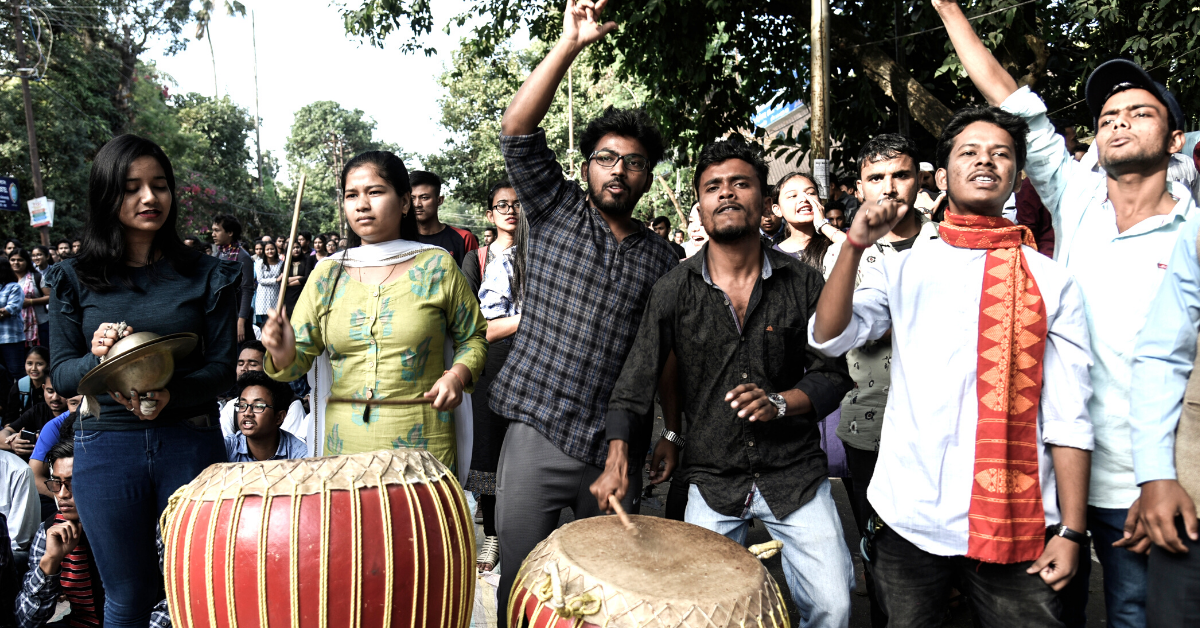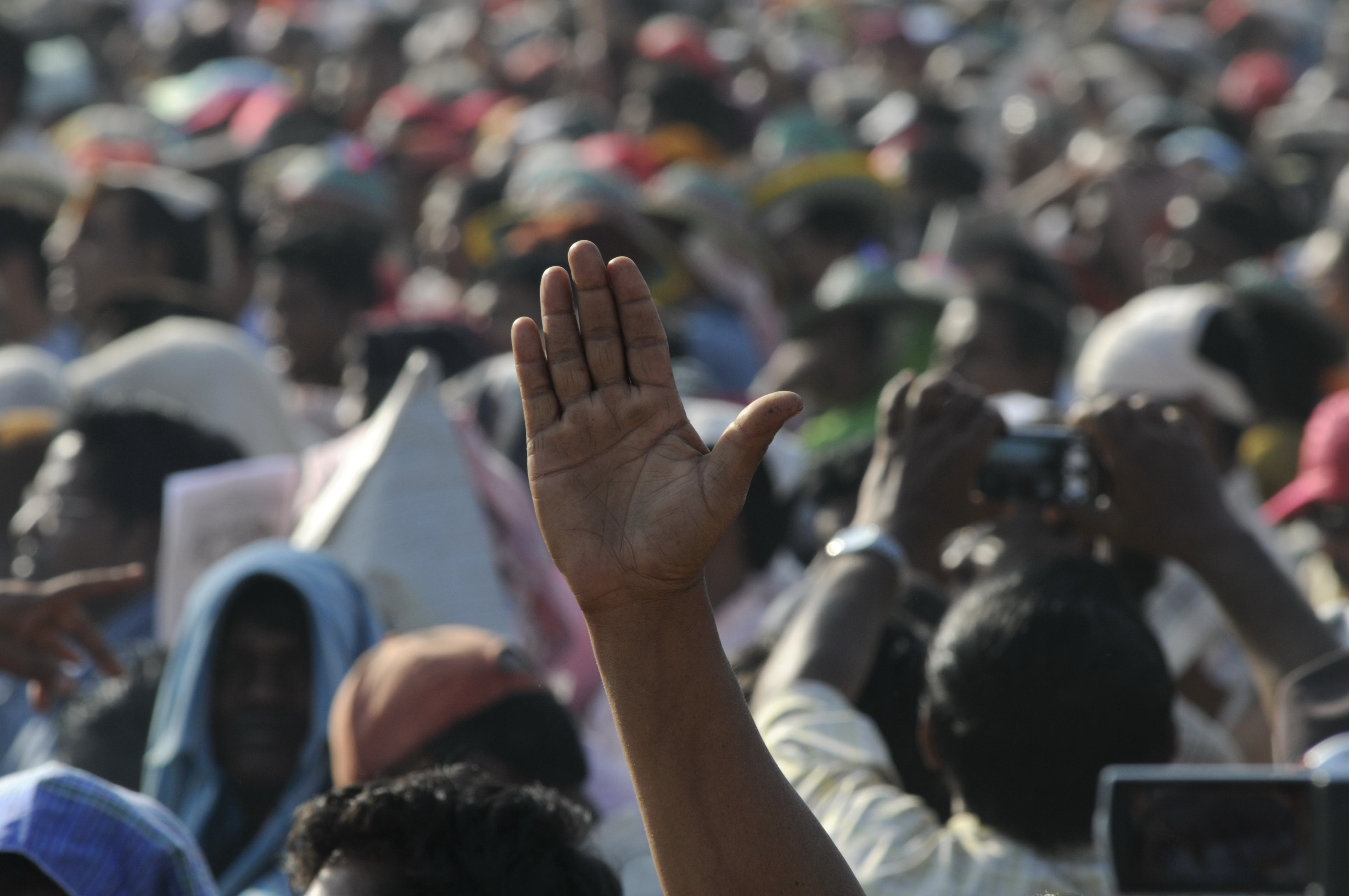Citizen Protests in India: Rights, Duties & Permissions Needed
The right to protest peacefully is enshrined in the Indian Constitution—Article 19(1)(a) guarantees the freedom of speech and expression; Article 19(1)(b) assures citizens the right to assemble peaceably and without arms.

In this article, we look at protests in India to understand how and where a citizen can legally protest.
In the case of Ramlila Maidan Incident v. Home Secretary, Union Of India & Ors., the Supreme Court had stated, “Citizens have a fundamental right to assembly and peaceful protest which cannot be taken away by an arbitrary executive or legislative action.”
It was in Maneka Gandhi vs. Union of India that Justice Bhagwati had said, “If democracy means government of the people by the people, it is obvious that every citizen must be entitled to participate in the democratic process and in order to enable him to intelligently exercise his rights of making a choice, free & general discussion of public matters is absolutely essential.”
Looking for gifting options this festive season? Do check out the wide range available here!
It is critical to remember that all protests are legal only if they are non-violent and carried out with appropriate permissions. “Fundamental duties that are enshrined in the constitution require that the rule of law is followed and that public property is not destroyed,” says Sapna Khajuria, a lawyer from New Delhi, speaking to The Better India.
The right to protest peacefully is enshrined in the Indian Constitution—Article 19(1)(a) guarantees the freedom of speech and expression; Article 19(1)(b) assures citizens the right to assemble peaceably and without arms.
What permissions are needed to hold a protest?

Since ‘Law and Order’ is a State subject, the permissions to organise a protest will vary from state to state. Do check the local laws before you decide to protest. Broadly:
• Ensure that you have a police permit and a No-Objection Certificate (NOC) from the police. In case the police feel that the protest rally or demonstration will lead to unrest and go against public order, permission can be denied.
• Mention all the details of the protest in the petition you submit to the police.
• These must include the reason for the protest, its date and duration, the number of people expected to participate, and the route that the protestors will undertake.
• Also remember to include your name, address, and phone number.
• The documents that must be furnished include proof of identity, proof of residence, a photograph, and an affidavit.
Article 19(1)(3) says this right is subject to “reasonable restrictions” in the interest of public order.
What are these reasonable restrictions?
• If the security of the state is in jeopardy;
• If the friendly relationship we share with a neighbouring country is at stake;
• If public order is disturbed;
• If there is contempt of court;
• If the sovereignty and integrity of India are threatened.
So, by all means, exercise your constitutional rights, but do remember to fulfil your duties as well.
Also Read: How a Karnataka Teacher Used a ‘Pencil’ To Breathe Life Into a Govt School!
(Edited by Vinayak Hegde)
Like this story? Or have something to share?
Write to us: [email protected]
Connect with us on Facebook and Twitter.
If you found our stories insightful, informative, or even just enjoyable, we invite you to consider making a voluntary payment to support the work we do at The Better India. Your contribution helps us continue producing quality content that educates, inspires, and drives positive change.
Choose one of the payment options below for your contribution-
By paying for the stories you value, you directly contribute to sustaining our efforts focused on making a difference in the world. Together, let’s ensure that impactful stories continue to be told and shared, enriching lives and communities alike.
Thank you for your support. Here are some frequently asked questions you might find helpful to know why you are contributing?


This story made me
-
97
-
121
-
89
-
167













